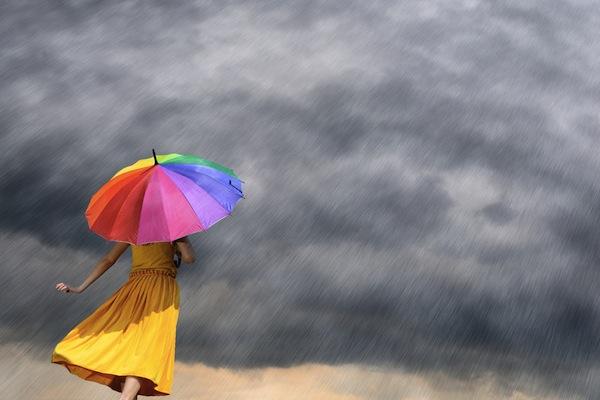Pronounce a Silent Blessing

IMAGE OF THE WEEK

"It is forbidden to taste of the pleasures of this world without a blessing." --The Talmud
I think that the best way to discover what pronouncing blessings is all about is to pronounce a few. The practice itself will teach you what you need to know.
Start with anything you like. Even a stick lying on the ground will do. The first thing to do is to pay attention to it. [...]
The more aware you become, the more blessings you will find.
If you look at the stick long enough, you are bound to begin making it a character in your own story. It will begin to remind you of someone you know, or a piece of furniture you once saw in a craft co-op. There is nothing wrong with these associations, except that they take you away from the stick and back to yourself. To pronounce a blessing on something, it is important to see it as it is. What purpose did this stick serve? Did a bird sit on it? Did it bear leaves that sheltered the ground from the hottest summer sun?
At the very least, it participated in the deep mystery of drawing water from the ground, defying the law of gravity to deliver moisture to its leaves. How does a stick do that, especially one this size? Smell it. Is the scent of sap still there? This is no less than the artery of a tree that you are holding in your hand. Its tissue has come from the sun and from the earth. Put it back where you found it and it will turn back into earth again. Dust to dust and ashes to ashes. Will you say a blessing first? No one can hear you, so you may say whatever you like. [...]
As I said earlier, the practice itself will teach you what you need to know. Start throwing blessings around and chances are you will start noticing all kinds of things you never noticed before.
The next time you are at the airport, try blessing the people sitting at the departure gate with you. Every one of them is dealing with something significant. See that mother trying to contain her explosive two-year-old? See that pock-faced boy with the huge belly? Even if you cannot know for sure what is going on with them, you can still give a care. They are on their way somewhere, the same way you are. They are between places too, with no more certainty than you about what will happen at the other end. Pronounce a silent blessing and pay attention to what happens in the air between you and that other person, all those other people.
[...]
All I am saying is that anyone can do this. Anyone can ask and anyone can bless, whether anyone has authorized you to do it or not. All I am saying is that the world needs you to do this, because there is a real shortage of people willing to kneel wherever they are and recognize the holiness holding its sometimes bony, often tender, always life-giving hand above their heads. That we are able to bless one another at all is evidence that we have been blessed, whether we can remember when or not. That we are willing to bless one another is miracle enough to stagger the very stars.
Excerpted from An Altar in the World, by Barbara Brown Taylor. She is a New York Times best-selling author, professor, and Episcopal priest.
SEED QUESTIONS FOR REFLECTION: How do you relate to the notion that our ability to bless one another is evidence that we have been blessed? Can you share a personal experience of a time you pronounced a silent blessing for someone? What has the practice of pronouncing a silent blessing done to your life?